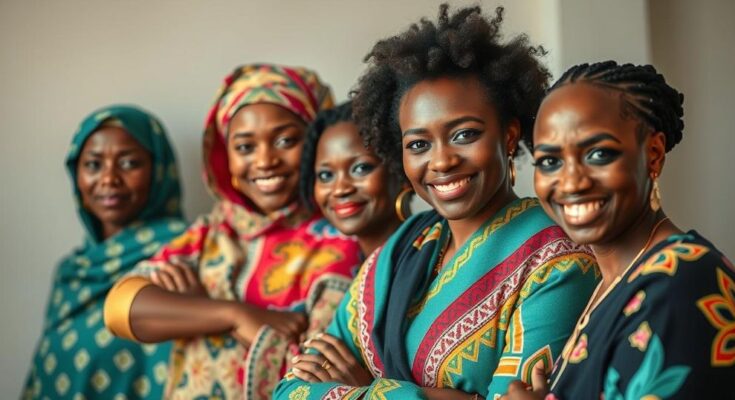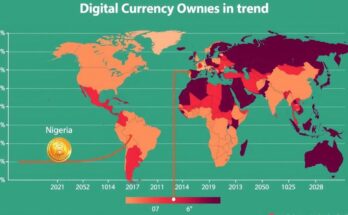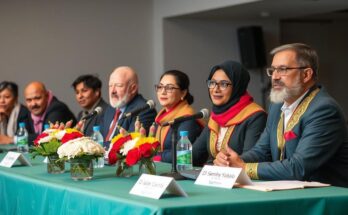Rima Abdukadir Ahmed mechanized her sesame oil production, obtaining a $2,200 loan from Premier Bank to enhance her business capacity. The Gargaara Company plays a critical role in supporting Somali MSMEs, but women entrepreneurs continue to face significant financial accessibility challenges. Expanding financial initiatives to support women’s entrepreneurship remains essential for Somalia’s economic growth.
Rima Abdukadir Ahmed transformed her sesame oil business in Mogadishu from a rudimentary camel-powered grindstone to an advanced mechanized system using car parts. Initially producing 150 liters monthly, she sought additional working capital from Premier Bank to bolster her sesame seed supply, thus enabling year-round demand fulfillment. With a loan of $2,200, Rima successfully increased production to 400 liters monthly, demonstrating the critical importance of financial access in empowering women entrepreneurs in Somalia.
In Somalia, accessing finance for Micro, Small, and Medium Enterprises (MSMEs) poses significant challenges, particularly for women. A World Bank survey indicated that only 21% of women-owned businesses had access to overdrafts, highlighting systemic barriers to entry. Additionally, despite heavy potential in sectors like fisheries and agriculture, financial institutions remain reluctant to lend, branding these industries as high-risk.
The launch of the Gargaara Company in 2019, backed by the federal government and the World Bank’s SCALED-UP initiative, aimed to facilitate lending to underserved MSMEs, particularly in renewable energy. With a total investment surpassing $40 million, Gargaara has emerged as a vital player in Somalia’s economic landscape. It partners with multiple Financing Institutions to ensure funds are available for farmers, fishermen, and other entrepreneurs, aiding their business sustainability and growth.
Since its inception, Gargaara has issued over 1,600 loans and diversified its portfolio to incorporate sectors such as education and healthcare, thereby broadening economic development prospects. Yet, despite women operating nearly half of the loans issued, they only account for less than 10% of the total loan value, thus signifying the persistent gap in financial equality within the region.
Looking ahead, Gargaara intends to expand its impact by fostering more partnerships with financial institutions while offering new risk-sharing products and business development services. This holistic approach aims to increase lending capacity while ensuring women entrepreneurs can access crucial funds, thereby driving economic growth and financial inclusion in Somalia.
The Somali financial sector has historically presented challenges, especially for women entrepreneurs. Factors contributing to this climate include risk aversion from financial institutions and a lack of adequate support for women-owned businesses. Initiatives like the Gargaara Company have emerged to mitigate these barriers, specifically targeting underserved sectors with innovative financing solutions. Women’s financial empowerment is crucial not only for individual prosperity but also for the overall economic development of Somalia.
The narrative of Rima Abdukadir Ahmed serves as a testament to the transformative effects of access to finance on women’s entrepreneurship in Somalia. Through initiatives like the Gargaara financing facility, more Somali entrepreneurs can find the support they need to scale their businesses. However, currently observed disparities in loan values between men and women underscore the ongoing need for targeted efforts to promote gender equality in financial access, thus paving the way for broader economic advancement in the region.
Original Source: www.worldbank.org




